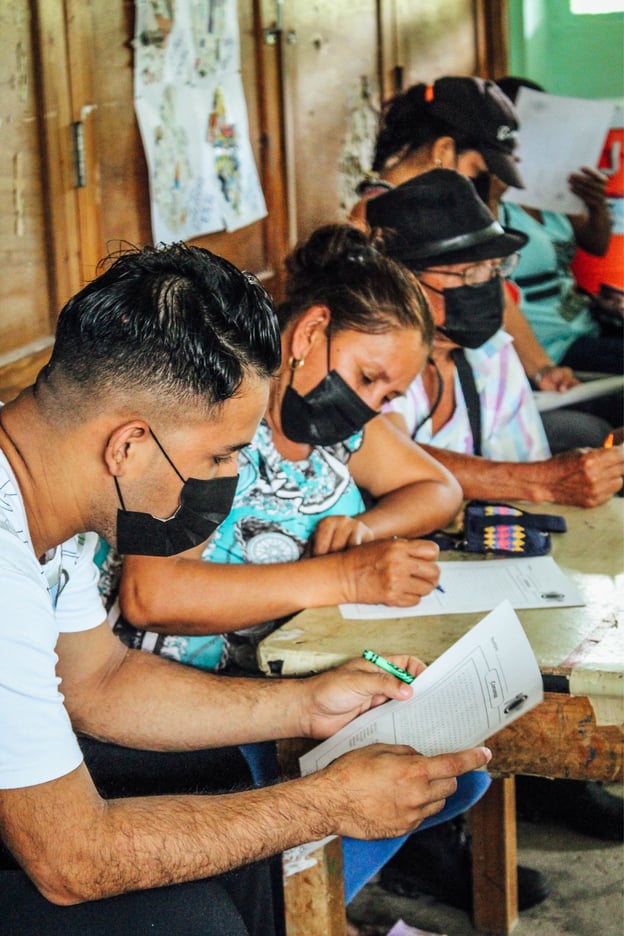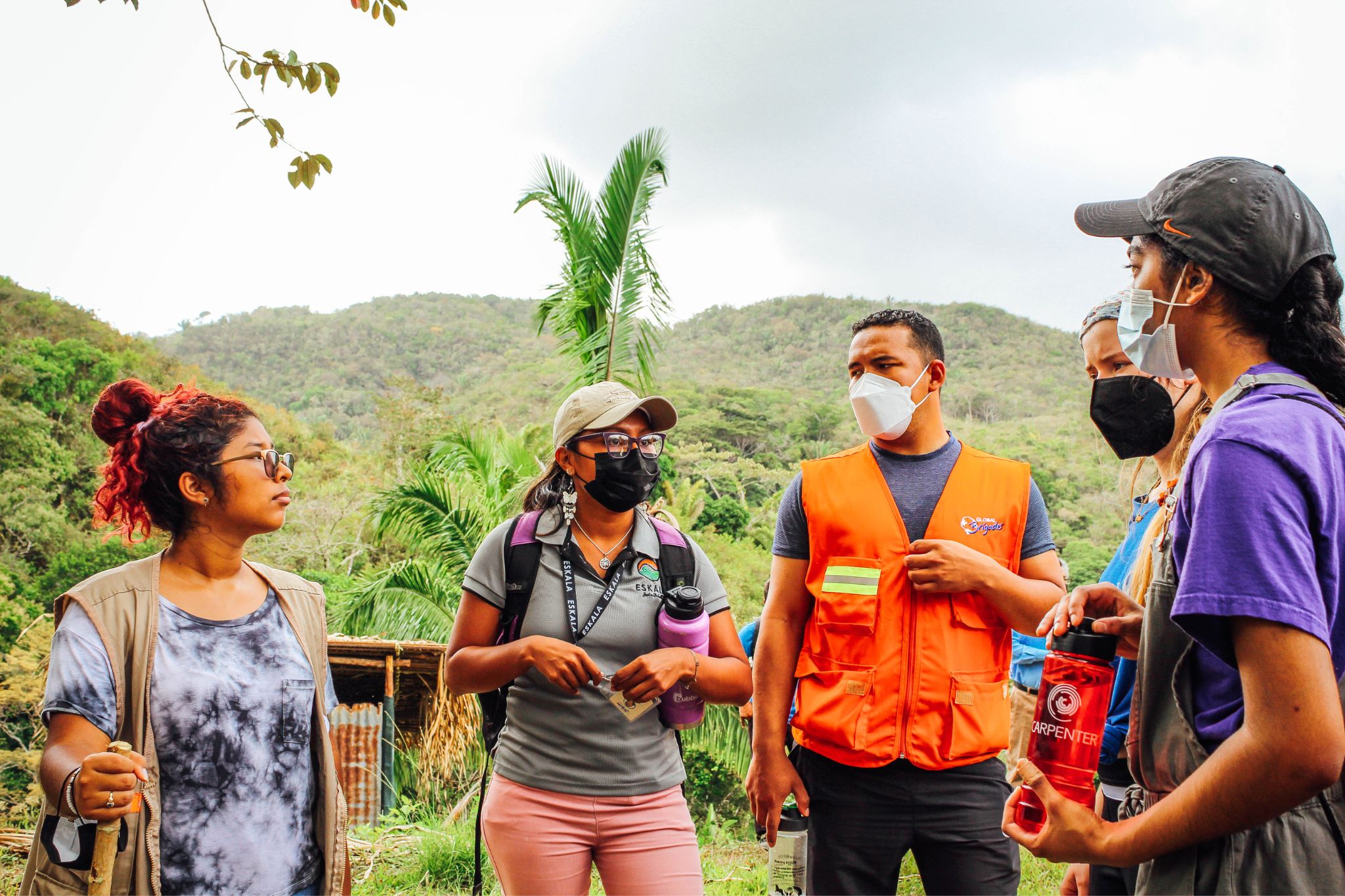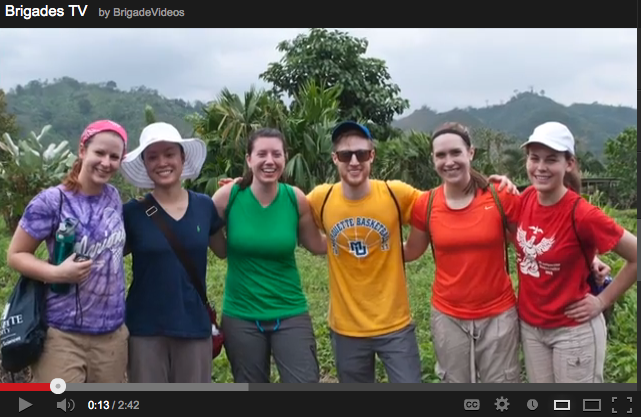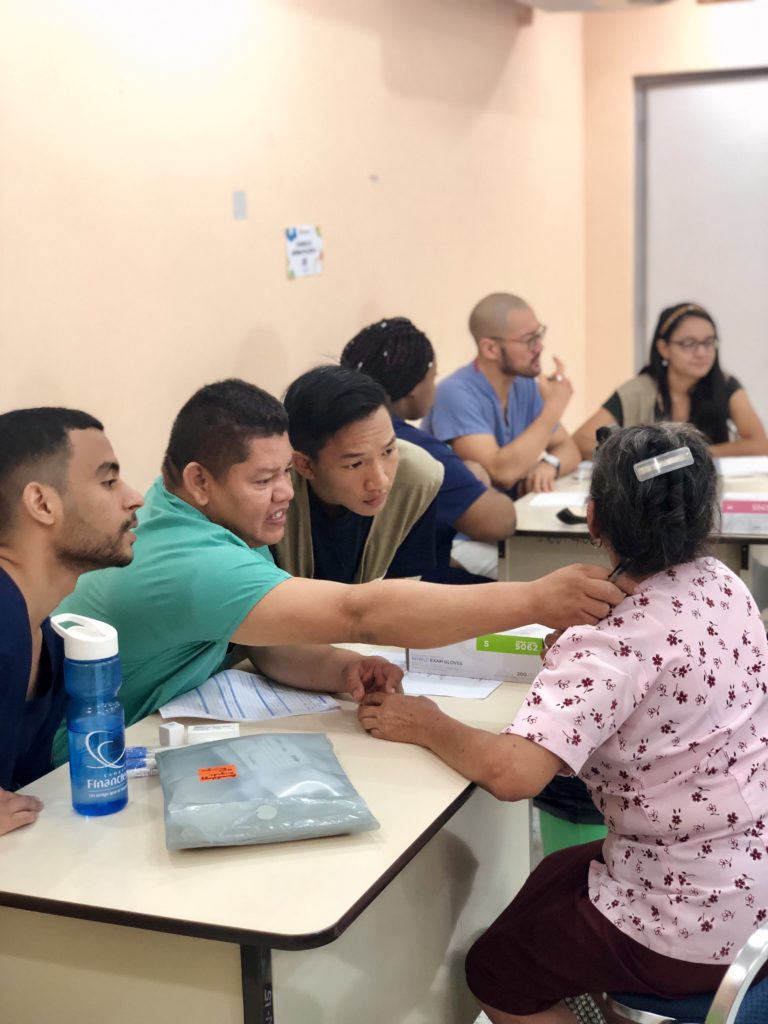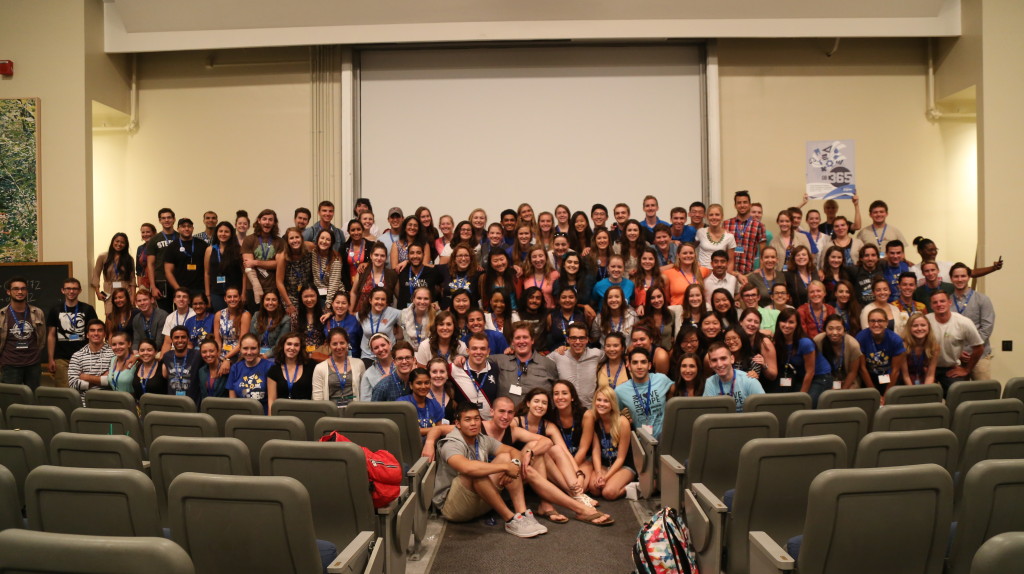“I joined Global Brigades because I strongly believe in their mission of bringing about holistic and lasting change in communities,” says Isabelle King, former member of the Texas A&M Global Brigades chapter.
“I was interested in public and global health, and Global Brigades provided a chance to have a more in-depth experience of what healthcare is like in another country.” Fortunately, the Global Medical Brigades Chapter at Texas A&M had a brigade headed to Panama.
What followed changed Isabelle’s life.
Over the years, Texas A&M has raised $2,485,918 and sent 107 brigades across the globe, providing much-needed mobile medical clinics to 39 rural, underserved communities.
On average, Brigades see about 300 patients during each clinic; Texas A&M brigades have seen an average of over 15,000 people in the last several years. And it’s all thanks to students like Isabelle.
Related: Voluntourism: The Good, the Bad, and How to Do Better
Keep reading to see how Global Brigades changed Isabelle’s career, her perspective, and the course of her life. If you’re interested in getting involved yourself, click here to learn more about joining your local brigade (or starting a chapter on campus).
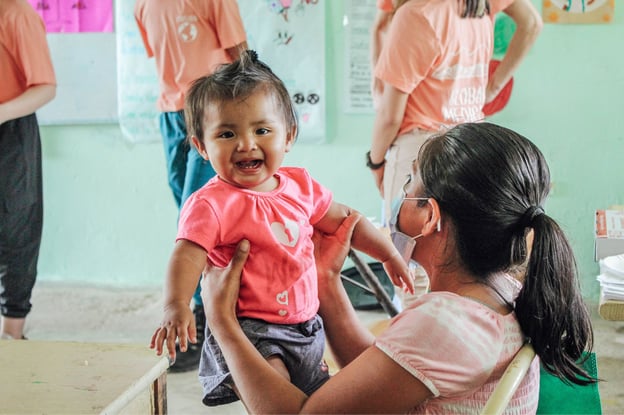
Sustainable Medicine Begins With Education
It’s not just about serving a community for a week. “What interested me most was the opportunity to foster sustainable solutions to empower an underserved population,” Isabelle shared with us. “Global Brigades gave me that opportunity.”
One big way Isabelle’s team was able to make sustainable change was through education.
“While I did enjoy the clinical aspect of the brigade, I really found a connection with charla.” Charla literally means “chat,” but, in the context of this brigade, a charla is how they refer to “chatting” with the community about a specific medical topic.
Read Next: Global Citizenships: How to Be a Citizen of the World
“Our group was tasked with giving an educational presentation on diet. We spent hours of preparation during the brigade writing scripts, drawing diagrams, designing visual aids, creating educational games, and translating our work.”
It was stressful work, and they stayed up through the night to get the charla ready. But the next day, Isabelle was pleasantly surprised to find patients of all ages listening intently to what they had to say.
“Parents were doing a crossword puzzle about healthy foods, kids were playing a game to create a healthy plate, and grandparents were listening intently as we talked about the importance of a balanced diet.”
“Children actually asked me questions and wanted to engage with the material,” says Isabelle. “That the community was benefiting from the health education we provided…was extremely impactful.”
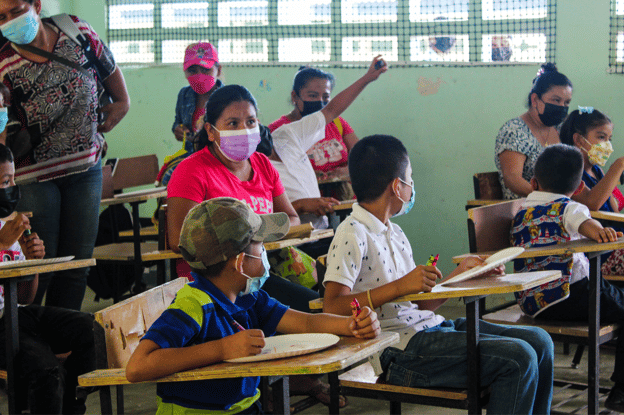
Healthcare Isn’t Just About Health
Isabelle realized that building trust is the most critical part of interacting with patients. Even though the ultimate goal is to diagnose medical conditions, physicians can benefit from not starting with a barrage of health questions.
“One of my favorite parts of the brigade was shadowing the local doctors,” Isabelle recounts. Not only were they much more confident with Spanish than she was, but the local doctors also eased into health questions — first fostering a calm, comfortable environment with each patient.
“Though the doctors couldn’t spend a lot of time with patients, each visit began with a short introduction where the physician spoke calmly — creating an environment that allowed the patient to be vulnerable enough to explain any medical problems they may have been facing.”
As a future physician, Isabelle hopes to foster this same sort of trust-building environment between her and her patients. Because of her experience with Global Brigades, she aims to increase patients’ comfort level, thus directly increasing how well she can deliver healthcare.
“During the brigade, I witnessed how empathy, awareness, and a desire to truly connect with the patient are keys to providing quality healthcare… It is our job as healthcare professionals to make patients feel comfortable and reassure them that their voices are being heard, regardless of race, culture, or socioeconomic status.”
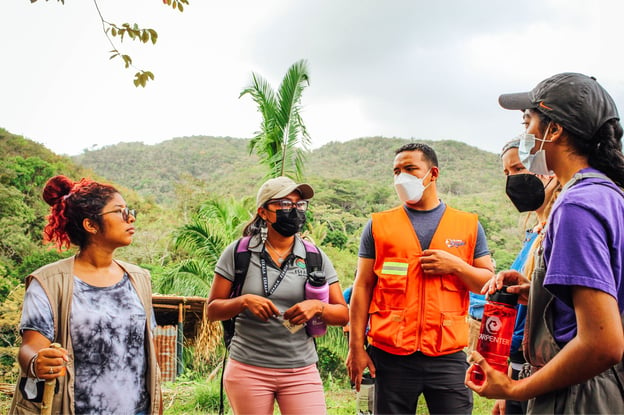
Global Brigades Set Her Course for Reform
Global Brigades empowered Isabelle to broaden her perspective on healthcare and advocate for healthcare policy change at home.
“[The Panama brigade] led me to pursue the Healthcare Reform and Innovation minor… I learned how to expand healthcare to underserved populations,” Isabelle explains. “I [plan to] advocate for policy change that allows patients, particularly those in rural areas, to gain access to healthcare.”
Isabelle’s advice for anyone thinking about joining a brigade: “Don’t be afraid to step out of your comfort zone!” She wasn’t fluent in the language, she had never been out of the country, and she was nervous about being relied upon by her team and the community.
But she persevered. “Don’t let fear of the unknown hold you back from signing up for a brigade, because, as I learned, growth comes from jumping into new experiences.”
Join or start a Global Brigades Chapter at your university!
